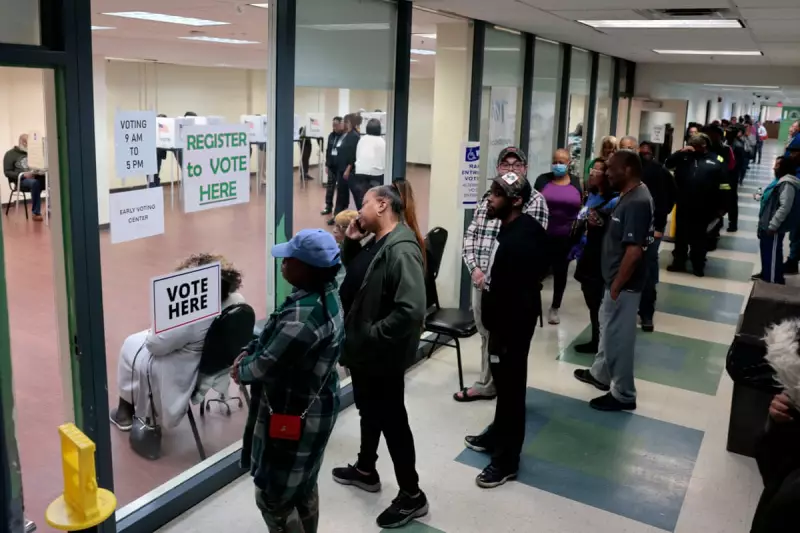
In a seismic ruling that could fundamentally alter the American political landscape, the US Supreme Court has delivered a devastating blow to the landmark Voting Rights Act of 1965.
A Watershed Moment for Civil Rights
The court's conservative majority has effectively greenlit the use of electoral maps in southern states that lower courts had previously struck down as racially discriminatory. This decision represents one of the most significant erosions of voting rights protections in decades.
The Alabama Case That Changed Everything
At the heart of the controversy lies Alabama's congressional map. Federal courts had repeatedly ruled that the map illegally diluted the political power of Black voters, who make up 27% of the state's population but had only one majority-Black district out of seven.
The Supreme Court's ruling now permits states to implement maps that critics argue will systematically reduce the voting influence of minority communities.
What This Means for Future Elections
The implications are profound and far-reaching:
- States across the American South may now redraw electoral boundaries with significantly reduced federal oversight
- The decision could affect political representation for millions of minority voters
- Legal experts warn this could lead to decades of litigation over voting rights
- The ruling may fundamentally alter the balance of power in Congress
Dissenting Voices Ring Out
Liberal justices issued scathing dissents, with Justice Ketanji Brown Jackson writing that the decision "undermines the fundamental principle that every voter deserves equal representation." Civil rights organisations have condemned the ruling as a major setback for racial equality in American democracy.
This ruling comes just as the United States prepares for another presidential election cycle, raising urgent questions about the integrity of the democratic process and the protection of minority voting rights for years to come.





